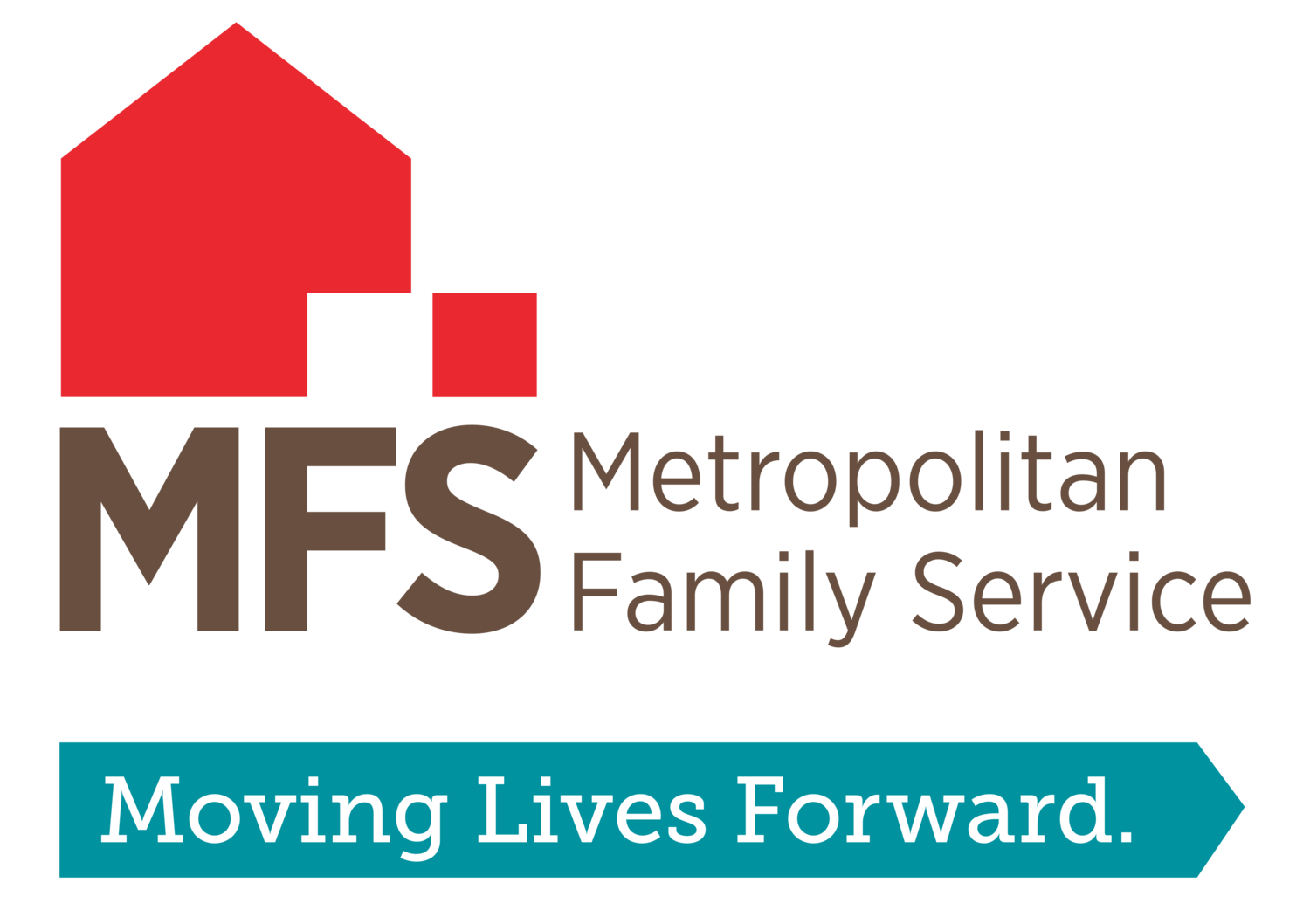8 Seconds: Celebrating Black Legacy at the Juneteenth Rodeo
by Ebony Foreman, MFS Community Engagement & Inclusion Manager
How long is 8 seconds? To many of us, a blink of an eye. A fraction of time that passes us by without consequence or accomplishment. To the Black men, women, and children who participated in the Juneteenth 8 Second Rodeo, in celebration of not just the holiday, but also the history of both Black rodeo and Black cowboys - 8 seconds is quite literally a lifetime.
A view of the 8 Seconds Juneteenth Rodeo
The history of Juneteenth has always been a complicated one. As a holiday that acknowledges the enforcement of the Emancipation Proclamation on June 19th, 1865, it only applied to those who were enslaved in former Confederate states. It wasn’t until the ratification of the 13th Amendment in December of 1865 that all enslaved people in the United States gained their freedoms.
Often overlooked, dismissed, downplayed, and misunderstood, it stands as one of the most controversial federally recognized holidays in American history. This year, however, Juneteenth was none of those things. It was a celebration of the power of unity, the beauty of community and of course the crowning of a new champion. My family and I were one of many to partake in the collective honoring of the legacy of Black rodeo. From children (all under the age of 7) riding sheep bareback, an altogether crazy impressive feat; to a fourteen-year-old cowgirl barrel racer competing against women one to two generations older than her; to cowboys waving one hand in the air while the other firmly gripped a rope tied around the underbelly of a bucking bull or horse, the entire event left a profound impression on everyone in attendance.
Elise and Cameron
My older sister Elise, and her husband, Cameron, purchased cowboy hats just for the occasion. Their interest in the history of Black cowboys and Black rodeo piqued by the visibility presented by the athletes. “It means a lot to see Black people doing historical, traditional, things. Seeing something like this is not the norm - it’s refreshing!” Elise said.
Refreshing, is exactly right. For the first time in many Black Portlanders lifetime, a lesser known aspect of Black culture, Black history, and a Black participating sport was being highlighted in a significantly historic way. The venue, the Veterans Memorial Coliseum, was decorated to the nines with all things western and cowboy. Black business owners vendored the event, selling handcrafted goods such as apparel, boots and jewelry, and words can’t even describe the mouthwatering food! A blend of southern, western, and modern barbecue cooking all came together to make some of the most stomach rumbling dishes that I have ever smelled and tasted.
Much like the food, the event itself was a blend of people, experiences, backgrounds, and all their various identities coming together in one place at the same time to cheer on some of the bravest athletes from all across America and watch them try their hand at winning $60,000.
Erica Baldwin-Jackson and her husband, Arthur Jackson, two natives well versed in the history of Black cowboys in Oregon, jumped at the opportunity to attend once the rodeo was announced. They arrived in typical western fair with a contemporary twist of their generation, with sights set on the big event - bull riding.
“It’s so wonderful seeing Black people come together to celebrate something we’re so often left out of; it’s a beautiful reminder that we are great when we allow ourselves to be,” Erica said in-between clapping and cheering.
Ebony, the author, with her son Christopher
I couldn’t agree more. I was proud to be in an environment where I felt accepted, welcomed, and a piece of my culture’s history represented. It can be a rare thing. And it’s reasons like this why I wanted my son Christopher to experience the rodeo. Though he may be only two years old, Christopher screamed, clapped, and rooted for the younger cowboys and cowgirls, all from my lap while simultaneously being introduced to his community.
It’s clear from the sold-out tickets that many in attendance were of a like mind. What is community or history, if not something we seek to pass onto the next generation? And Black cowboys, Black rodeo, and the contributions of Black people to western culture as we understand it, is no different. Generations of Black families, with the same desire as me, have continued the traditions of those trailblazing Black cowboys and cowgirls since the ending of slavery in the United States, and have ensured that their children and their children’s children continue to show-up and represent their legacy.
More about Juneteenth



